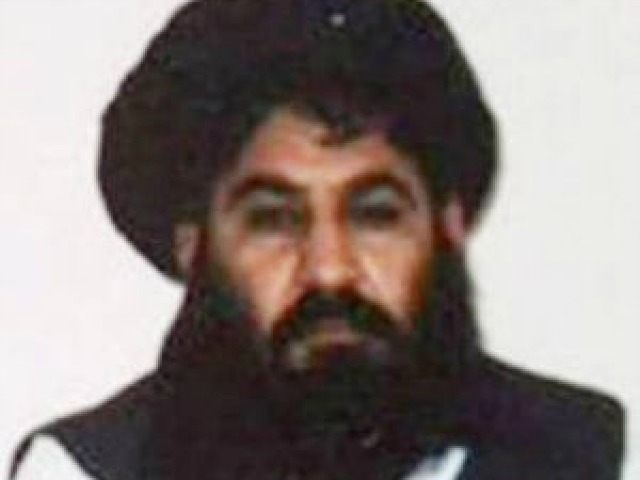Infighting among high-ranking Afghan Taliban members over the appointment of Mullah Akhtar Mohammad Mansour as their new leader continues weeks after the terrorist group’s most important military success since they were dethroned by the U.S.-led invasion in 2001, Reuters has learned.
“Analysts say the recent brief occupation of the northern city of Kunduz has cemented Mansour’s power, boosting his reputation among foot soldiers and causing the U.S. government and NATO to slow plans for withdrawing their troops,” notes Reuters.
“But in the opaque maneuvering around the Taliban leadership, it is unclear whether the anti-Mansour faction will seek to challenge him on the battlefield, how many fighters they control or how much money they have,” it adds.
Kunduz City is the first provincial capital to fall into the hands of the Taliban since the group was ousted from power by the U.S.-led coalition approximately 14 years ago. The city is the capital of Kunduz province.
Despite the Taliban’s brief occupation of Kunduz earlier this month, the group’s biggest battlefield success since 2001, Mullah Abdul Manan Niazi, a spokesman for the anti-Mansour faction, told Reuters that dissident commanders would not accept Mansour as their new leader.
Dissident commanders told Reuters they will soon be meeting to choose a rival leader. Niazi told Reuters a new Taliban chief would be chosen within days.
“There is one agenda, and that’s to choose the new emir (leader) unanimously and get rid of Mullah Mansour,” the anti-Mansour faction spokesman said.
The Taliban’s supreme council, made up of the most powerful members, chose Mansour to replace longtime leader Mullah Mohammed Omar, whose death in 2013 was finally confirmed by the Afghan government and the group itself in July.
During the time that Mullah Omar was believed to be alive, “Mansour issued statements in Omar’s name, a subterfuge he said was necessary to unify the insurgency,” reports Reuters. “But many commanders were furious over the deception and refused to accept him.”
Many high-ranking Taliban commanders came out against Mansour when he was named the leader of the group, refusing to accept him as their new chief or work under his command. Some of those commanders accused Mansour of being involved in the death of Mullah Omar, who reportedly died of an illness.
Mullah Qaum Zakir, a prominent Taliban military chief who was formerly held in the U.S. prison at Guantanamo Bay, is among the senior commanders who disapprove of Mansour as the new leader.
“In our faction, there are brave and trained people, but we don’t have as many resources as Mansour,” an unnamed anti-Mansour commander told Reuters.
“For more than two years, he controlled all the resources. Nobody challenged him, as he would say: ‘It’s Mullah Omar’s orders,'” he added.
Negotiations between the pro-Mansour Taliban faction and the opposing side failed in September, threatening to split the terrorist group in two.
The negotiations failed after the new leader refused to accept any demands from the rival group. Niazi predicted in September that several senior members who oppose the new leader would be announcing their own operations inside Afghanistan.
“The dissident Taliban faction includes Niazi, a former Taliban provincial governor close to Mullah Omar; Zakir; Mullah Hasan Rahmani and Mohammad Rasool, two Taliban leaders with substantial power bases; and Mullah Abdul Razaq, a former Taliban interior minister,” notes Reuters.
“The dissidents say they also have the support of Tayyab Agha, the former head of the [Taliban] political office in Qatar,” it adds.
The Islamic State (ISIS/ISIL) in Afghanistan, a growing rival group, has benefited from defections triggered by infighting among Taliban factions. More Taliban members could be pushed into their rival’s ranks if the disagreements over whether Mansour should be the leader continue, allowing ISIS to expand its foothold in Afghanistan.
Mansour was named the new Taliban leader as the terrorist organization grappled with peace negotiations-related infighting that also prompted defections to ISIS. The peace negotiations process has hit a roadblock.
Afghan President Ashraf Ghani has been pushing for a negotiated settlement to the 14-year-old Afghanistan war. Afghanistan has been gripped by unrest fueled by the Taliban since President Obama and NATO declared an end to their combat mission in December 2014, marking the withdrawal of most U.S.-led coalition troops.

COMMENTS
Please let us know if you're having issues with commenting.